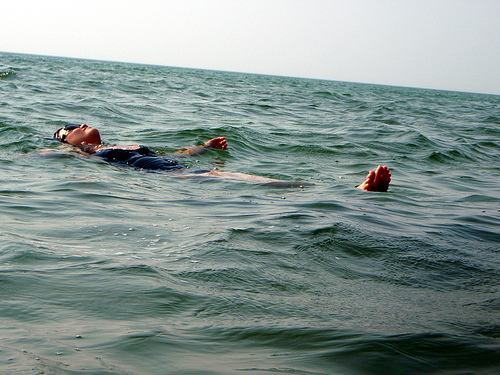
Scientific study of sensory deprivation dates back almost sixty years, to the mid 50s, and float tanks as we know them today date back to the mid 60s. They’ve never been mainstream, but they were invented and developed in research settings, and the literature on them is reasonably extensive. In the scientific community, the field is known as “flotation REST”, for Restricted Environmental Stimulation Technique, or Therapy.
What has been found? I’m still digging into it myself, but one survey I found lists:
- reduced stress (Kjellgren, Sundequist, Norlander, & Archer, 2001),
- reduced tension and anxiety (Fine & Turner, 1982; Schulz & Kaspar, 1994; Suedfeld, 1983),
- reduced blood pressure (Fine & Turner, 1982; Turner, Fine, Ewy, & Sershon, 1989),
- less muscle tension (Norlander, Bergman, & Archer, 1999)
- increased well-being (Mahoney, 1990),
- improved sleep (Ballard, 1993),
- mild euphoria (Schulz & Kaspar, 1994),
- increased originality (Forgays & Forgays, 1992; Norlander, Bergman, & Archer, 1998; Norlander, Kjellgren, & Archer, 2003; Sandlund, Linnarud, & Norlander, 2001; Suedfeld, Metcalfe, & Bluck, 1987), and
- indications that the technique is a suitable complement to psycho-therapy (Jessen, 1990; Mahoney, 1990).